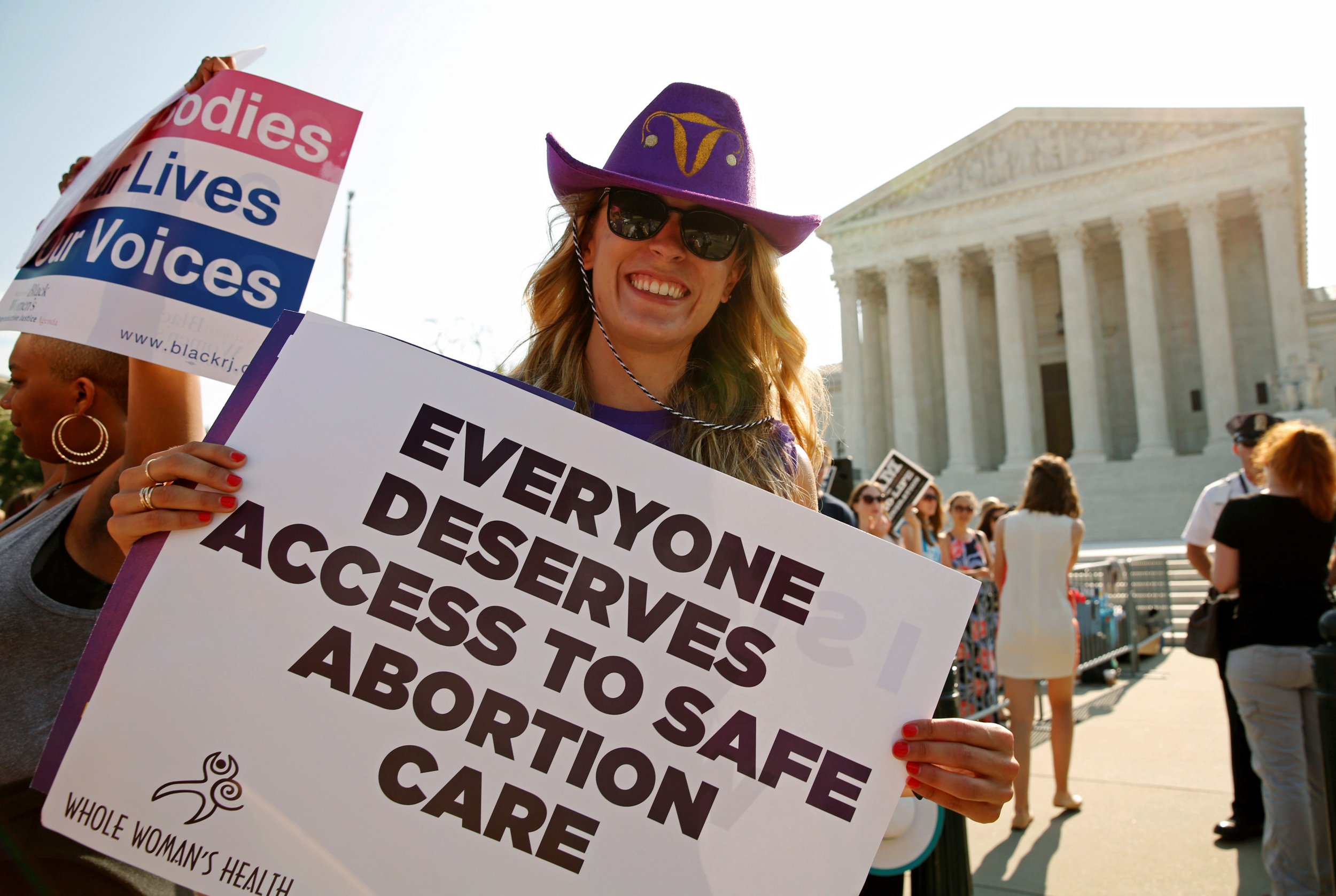
The president of an abortion provider told a federal court on Tuesday a proposed Texas regulation requiring facilities to dispose of aborted fetal tissue through burial or cremation is unnecessary and "offensive."
Women's health providers, which provide abortions, among other services, argue the rules are part of a nationwide agenda to place restrictions on abortions and make it harder for women to get the procedure. But officials in Texas have argued it would afford dignity to the tissue.
Texas is the most populous state in the country with a Republican-dominated government and viewed as a powerful force in shaping the U.S. conservative political agenda.
"I find the interference by the government into women's personal health decisions to be morally offensive," Amy Hagstrom Miller, a plaintiff and president of Whole Woman's Health, which runs three facilities in Texas, told U.S. District Court Judge Sam Sparks in Austin.
She said it would require the tissue to be treated differently than other human tissue, increase costs and require the fetal tissue to be buried whether or not the woman wants it.
Sparks, who last month put the regulation on hold before it was to take effect on Dec. 19, also issued a temporary restraining order then to delay enactment until at least Jan. 6.
Reverend Debra Haffner, called as a witness for Whole Woman's Health, said the regulation enshrines into law one particular religious view on fetal tissue disposal when there is a diversity of religious views on the matter.
The Texas limitations would be more stringent than regulations in almost every other state, which allow aborted fetal tissue to be disposed of the same as other human tissue, according to the Guttmacher Institute, an abortion rights group.
Craig Warner, a Texas Attorney General's office lawyer, told the court "there is no language on individual cremations or individual burials" in the regulation. He also said the measure would not greatly add to costs.
During his questioning of Warner, Sparks said the measure appeared to offer "more respect" to fetal tissue than other tissue yielded from the reproductive process.
Anti-abortion Republicans proposed new restrictions in several states after the U.S. Supreme Court struck down some Texas regulations in June.
The Supreme Court said provisions of the Texas law requiring abortion doctors to have difficult-to-obtain "admitting privileges" at local hospitals and requiring clinics to have costly hospital-grade facilities violated a woman's right to an abortion.
Uncommon Knowledge
Newsweek is committed to challenging conventional wisdom and finding connections in the search for common ground.
Newsweek is committed to challenging conventional wisdom and finding connections in the search for common ground.
About the writer
To read how Newsweek uses AI as a newsroom tool, Click here.








